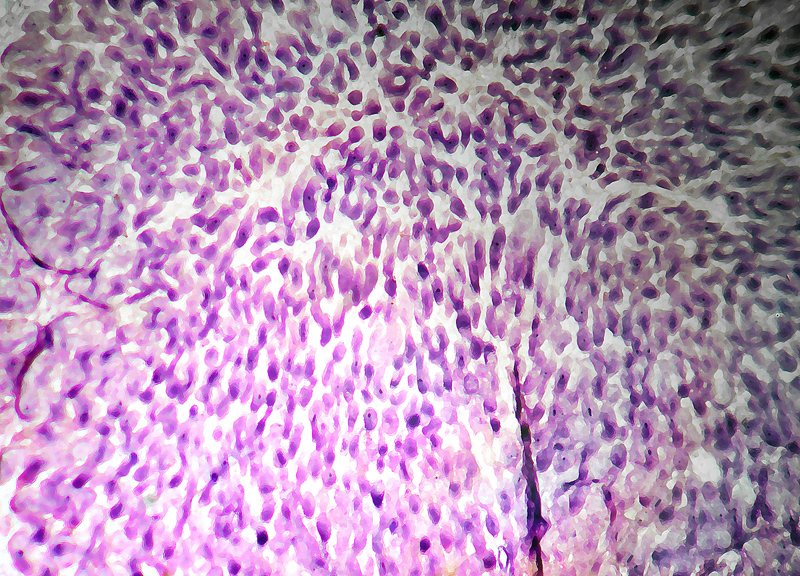
THURSDAY, Nov. 19 (HealthDay News) — New research may provide the foundation for future medical treatment of memory deficits associated with Down syndrome.
The research was conducted in mice that were genetically engineered to have a condition similar to Down syndrome, a genetic disorder. It is still not clear if humans would benefit from the findings.
Still, the researchers found that mice with the syndrome-like condition could use their brains more effectively when the signaling of norepinephrine, a neurotransmitter that helps nerve cells communicate, was boosted.
“If you intervene early enough, you will be able to help kids with Down syndrome to collect and modulate information,” Dr. Ahmad Salehi, the study’s primary author, said in a news release from Stanford University Medical Center. “Theoretically, that could lead to an improvement in cognitive functions in these kids.” Salehi, a research health science specialist at the Veterans Affairs Palo Alto Health Care System, in California, was a senior scientist at Stanford when the study was conducted.
The study found that the mice did better on cognitive tests such as nest-building — in fact, as well as normal mice — after getting drugs that boosted norepinephrine levels.
“We were very surprised to see that, wow, it worked so fast,” Salehi said. The results were published Nov. 18 in Science Translational Medicine.
The study results give “a ray of hope and optimism for the Down syndrome community for the future,” Dr. Melanie Manning, director of the Center for Down Syndrome at Lucile Packard Children’s Hospital, said in the news release.
More information
The Nemours Foundation has more on Down syndrome.

